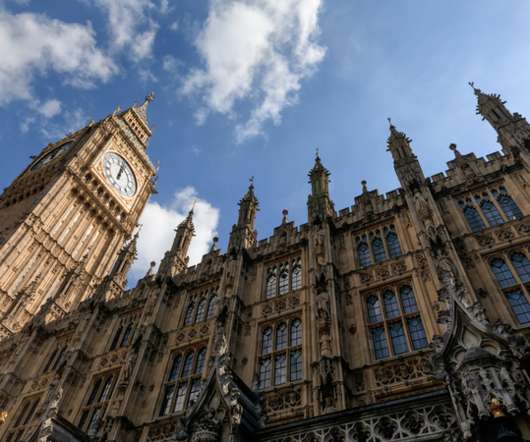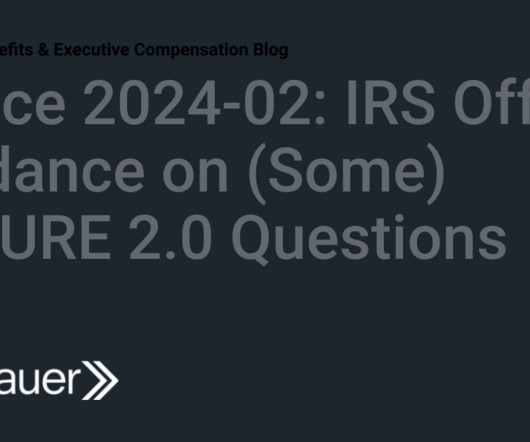Lee McIntyre-Hamilton: Changes to national insurance and the impact on employment
Employee Benefits
FEBRUARY 21, 2024
Firstly, the reduction does not directly benefit employers since they will continue to pay secondary (employers) NICs at the current rate of 13.8% on pay and taxable benefits. Arguably, it may take a little pressure off employers when it comes to demand for future pay rises. Is it all good news?
















Let's personalize your content